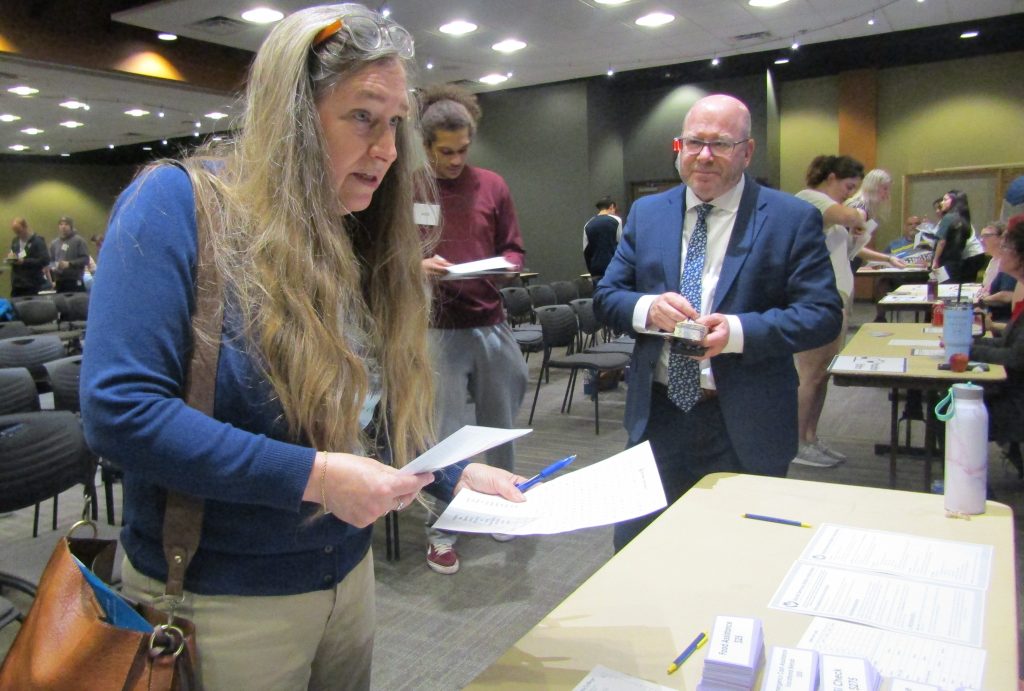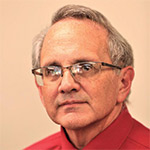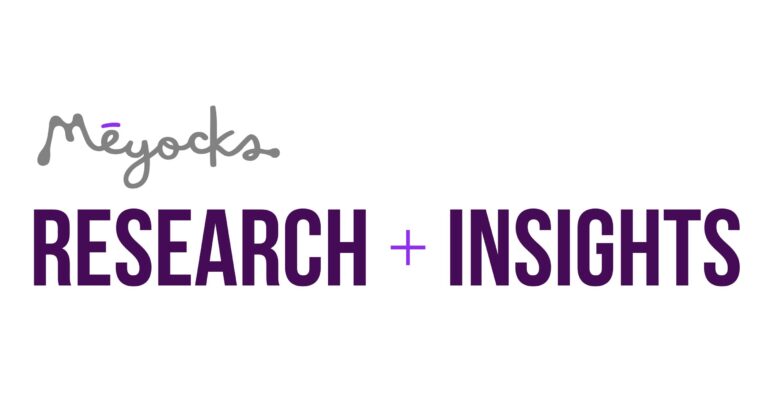Augie students learn of struggles of people returning from prison

Jeffrey Abramowitz, right, prepares to give a “wild card” to a volunteer during a reentry simulation exercise on Wednesday, March 13, at Augustana College’s Gerber Center. That event highlighted some of the struggles facing people leaving prison and trying to rejoin society. CREDIT DAVE THOMPSON
“Welcome home, everyone. Your first week home starts now.”
With those words, Jeffrey Abramowitz helped about 130 volunteers at Augustana College get a glimpse of what it takes for former prisoners to return home and try to to get a job, work with the parole system, get transportation, shop for food and the many other tasks it takes to…

Want to Read More?
Get immediate, unlimited access to all subscriber content and much more.
Learn more in our subscriber FAQ.
Do you want to read and share this article without a paywall?







